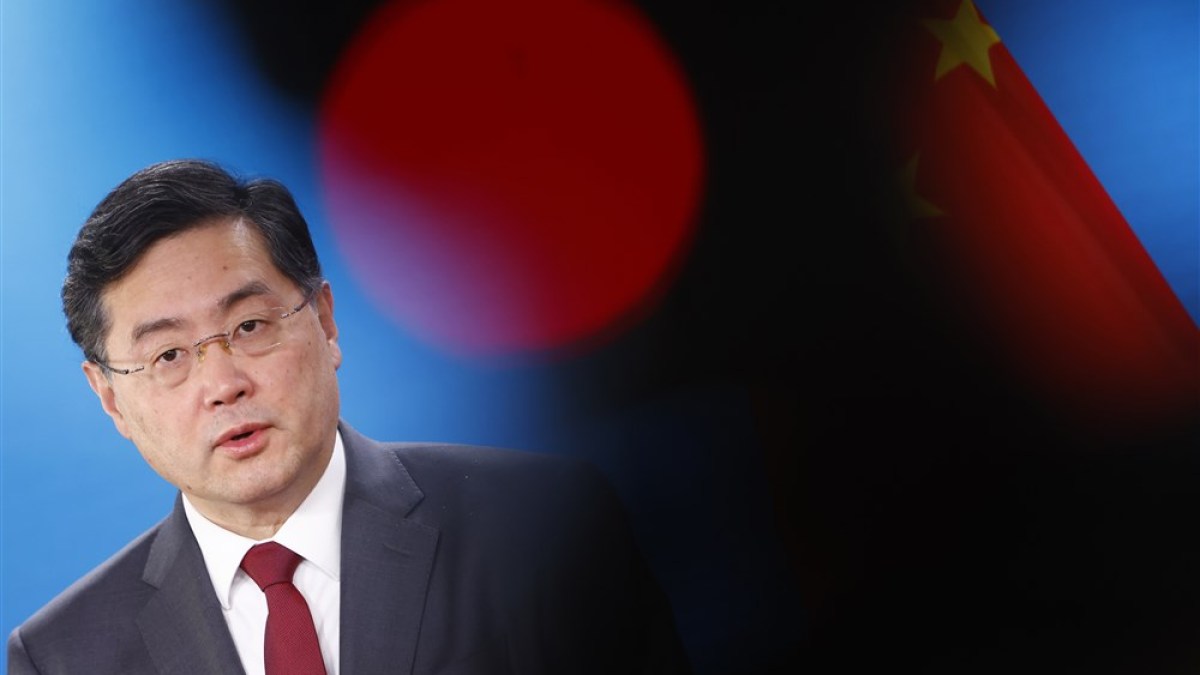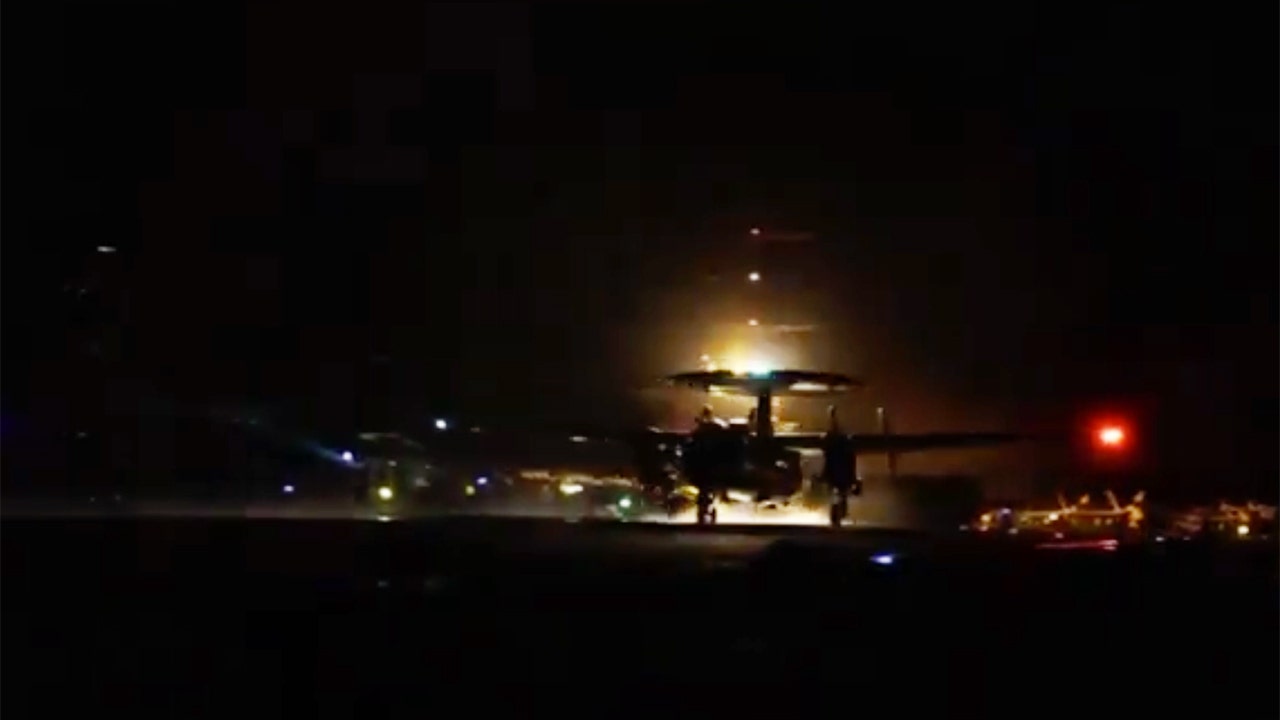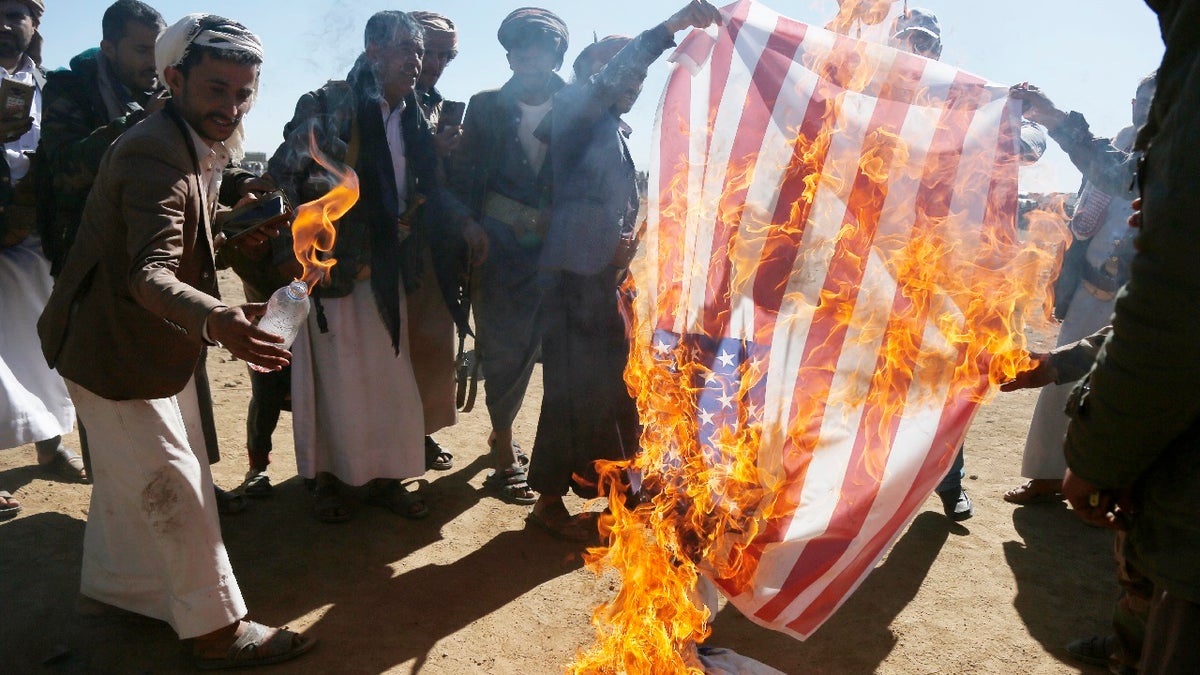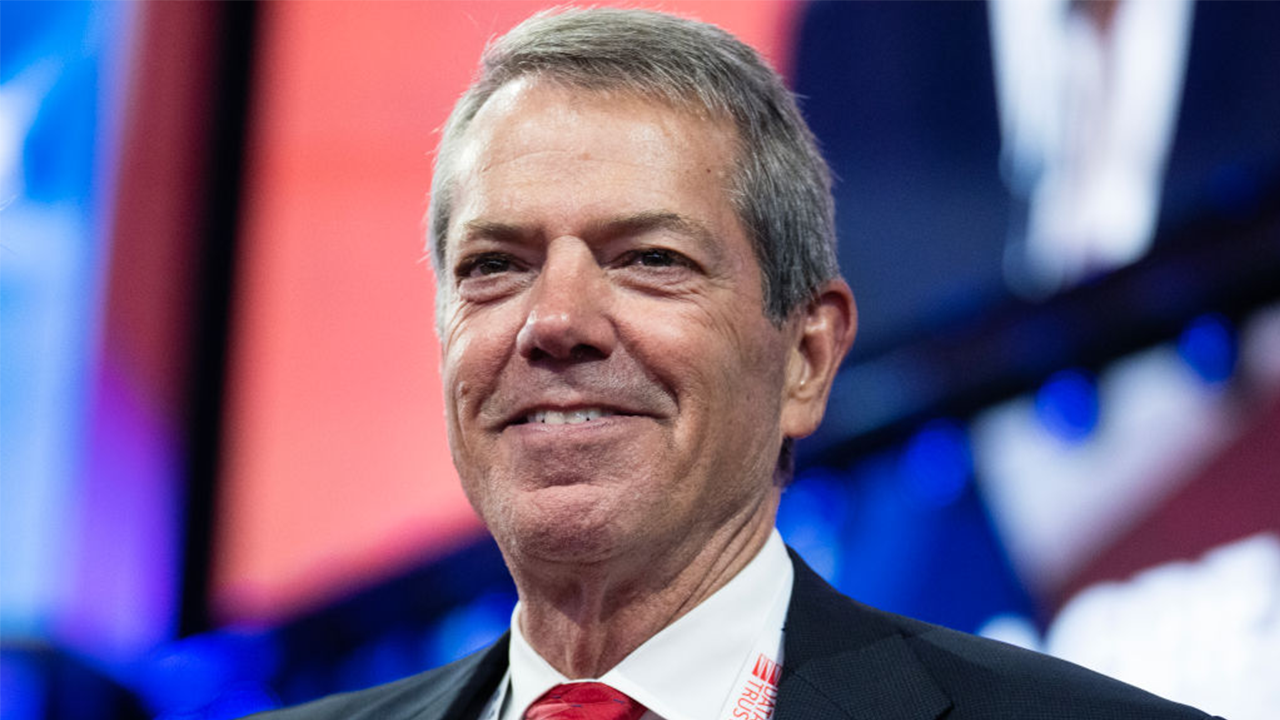World
China’s ‘wolf warrior’ foreign minister ill, to miss ASEAN summit

Wang Yi, a former foreign minister, will take his place at the summit in Indonesia, a spokesman for the ministry said.
Chinese Foreign Minister Qin Gang is unwell and a senior diplomat will take his place at a two-day summit of the Association of Southeast Asian Nations (ASEAN) this week in Jakarta, Indonesia, the country’s foreign ministry said on Tuesday.
Foreign ministry spokesperson Wang Wenbin gave no details of what was ailing Qin, who has not been seen in public in more than two weeks. Yet it is rare for China to even admit that a senior leader is unwell.
“State Councilor and Foreign Minister Qin Gang is unable to attend this series of foreign ministers’ meetings due to health reasons,” Wang said at a daily briefing.
Wang Yi, a former foreign minister and current head of the ruling Communist Party’s Central Commission for Foreign Affairs, will represent China at the meetings on Thursday and Friday, spokesperson Wang said.
Wang Yi drew controversy last week with comments saying Westerners are incapable of distinguishing between Chinese, Koreans and Japanese, and suggesting the three countries with vastly different societies and polities form an alliance based on racial and cultural similarities. Wang will attend the China-ASEAN foreign ministers’ meeting, the ASEAN-China-Japan-South Korea foreign ministers’ meeting, the East Asia Summit foreign ministers’ meeting and the ASEAN Regional Forum foreign ministers’ meeting.
China has sought to engage the 10 members of ASEAN, mainly through trade, as part of a campaign to dilute US influence in the region and challenge the American-led liberal world order.
However, China’s influence has been limited by its aggressive assertion of its claim to virtually all of the South China Sea. ASEAN members Vietnam, Malaysia, Brunei and the Philippines exercise overlapping claims and have largely welcomed the United States’ military presence in the region. China denounces US involvement as outside meddling.
The foreign ministers’ meeting is a “platform to enhance mutual trust and cooperation”, Wang Wenbin told reporters. “China hopes this meeting will help build more consensus, make political preparation for a fruitful ASEAN leaders’ summit in September, and promote regional peace, stability and prosperity.”
Qin, 57, rose to prominence as an outspoken ministry spokesperson who popularised an aggressive in-your-face style that came to be known as “wolf warrior diplomacy”, after the name of a nationalistic Chinese movie franchise. He previously served as ambassador to Washington and head of protocol for the ministry.
In March, Qin warned Washington of “conflict and confrontation”, striking a combative tone amid conflicts over Taiwan, COVID-19 and Russia’s invasion of Ukraine. That followed an accusation by President Xi Jinping that Western governments led by the US wanted to encircle and suppress China.
According to the foreign ministry’s website, Qin’s last public appearance was at a meeting with Sri Lankan Foreign Minister Ali Sabry in Beijing on June 25.
The “wolf warrior” approach has been adopted by many senior Chinese diplomats, but has also fallen out of favour at times. One of its most famous exponents, former ministry spokesperson Zhao Lijian, was transferred in January to a department overseeing land and sea borders in what was widely seen as a demotion.
Chinese Ambassador to the US Xie Feng has taken a generally upbeat tone since taking office in May, despite the relationship between the world’s two largest economies hitting a historic low.
China’s tightly-controlled, highly opaque political system and the lack of a free press frequently give way to speculation surrounding the disappearance of leading figures, as when former Chinese President Hu Jintao was guided off stage without explanation at the twice-a-decade congress of the Communist Party.
However, while personal rivalries and scandals over corruption are not uncommon, the party – at least outwardly – remains largely united behind Xi.

World
US military conducts successful airstrikes on Houthi rebel forces in Yemen

The U.S. military confirmed it conducted airstrikes in Yemen, saying it targeted a missile storage site and a command-and-control center operated by Iran-backed Houthi rebels.
U.S. Central Command (CENTCOM) announced the successful strikes in a release Saturday, saying they were meant to “disrupt and degrade” Houthi operations.
“CENTCOM forces conducted the deliberate strikes to disrupt and degrade Houthi operations, such as attacks against U.S. Navy warships and merchant vessels in the Southern Red Sea, Bab al-Mandeb and Gulf of Aden,” CENTCOM said in a news release.
DISAPPROVAL MOUNTS BOTH AT HOME AND ABROAD AS US AVOIDS DIRECT ACTION AGAINST HOUTHI REBELS
The U.S. military successfully conducted airstrikes in Yemen, saying it targeted a missile storage site and a command-and-control site operated by Iran-backed Houthi rebels. (CENTCOM via X)
Footage from CENTCOM showed F/A-18’s taking off. The agency said it also used assets from the Navy and the Air Force.
US NAVY SHIPS REPEL ATTACK FROM HOUTHIS IN GULF OF ADEN
“The strike reflects CENTCOM’s ongoing commitment to protect U.S. and coalition personnel, regional partners and international shipping,” it said.

Houthi followers burn the Israeli and American flags on the outskirts of Sana’a, Yemen. (Mohammed Hamoud/Getty Images)
The attacks against shipping are ongoing, and Houthi militants have vowed to continue until Israel ends its campaign in Gaza.
The terrorist group has targeted more than 100 merchant vessels since the start of the Israel-Hamas war in October 2023.
World
Fact check: How deadly was 2024 for journalists?

An estimated 104 journalists lost their lives in 2024, with Palestine the most dangerous territory.
An estimated 104 journalists were killed worldwide over the past year, according to data shared earlier this month by the International Federation of Journalists (IFJ).
Another report by NGO Reporters Without Borders (RSF) puts the figure at 54, but its methodology means it only includes killings that are considered “directly related” to journalists’ professional activity.
Both organisations say that Palestine is the deadliest place on earth for journalists. More than half (55) of the 104 killings reported by IFJ were Palestinian media professionals in Gaza, while a further six were killed in Lebanon.
At least 138 journalists have been killed in Gaza since the war between Israel and Hamas broke out on 7 October 2023, making the country one of the “most dangerous in the history of modern journalism, behind Iraq, the Philippines and Mexico,” according to the IFJ.
Reporters without Borders has described the number of killings in Gaza as “an unprecedented bloodbath”.
Israel firmly denies it has intentionally targeted any journalists, but has recognised some that have been killed in its airstrikes on Gaza.
The 104 total killings reported by the IFJ is a slight decrease on the 129 they reported on in 2023, which is considered the bloodiest year for journalists since 1990.
How do other world regions fare?
Asia Pacific is the world’s second most dangerous region for journalists, after the Middle East, according to the IFJ.
It recorded 20 deaths in the region in 2024, of which 70% happened in the southern Asian countries of Pakistan, Bangladesh and India.
The region has seen an “upsurge” in violence, according to the IFJ, with deaths increasing sharply from the 12 recorded in 2023.
Africa was the third most dangerous region for journalists at eight deaths, five of them in war-torn Sudan.
The number of journalists killed in south, central and north America has dropped sharply over the past two years, from 30 in 2022 to six in 2023, and another six in 2024. Mexico, considered to be one of the deadliest places in the world to do journalism, continues to see “threats, intimidation, kidnappings and murders” against journalists, particularly due to reporting on drug trafficking.
Number of journalists behind bars on the rise
According to IFJ estimates on 10 December, there were 520 journalists in prison across the world, considerably more than in 2023 (427) and 2022 (375).
China, including Hong Kong, accounts for most of journalists behind bars, followed by Israel and Myanmar.
The IFJ says the figures show how “fragile” the independent press is and how “risky and dangerous” the profession of journalism has become.
World
Italian state railways plans 1.3 bln euro investment in solar plant

-

 Politics1 week ago
Politics1 week agoCanadian premier threatens to cut off energy imports to US if Trump imposes tariff on country
-
/cdn.vox-cdn.com/uploads/chorus_asset/file/25789444/1258459915.jpg)
/cdn.vox-cdn.com/uploads/chorus_asset/file/25789444/1258459915.jpg) Technology1 week ago
Technology1 week agoOpenAI cofounder Ilya Sutskever says the way AI is built is about to change
-

 Politics1 week ago
Politics1 week agoU.S. Supreme Court will decide if oil industry may sue to block California's zero-emissions goal
-
/cdn.vox-cdn.com/uploads/chorus_asset/file/25546252/STK169_Mark_Zuckerburg_CVIRGINIA_D.jpg)
/cdn.vox-cdn.com/uploads/chorus_asset/file/25546252/STK169_Mark_Zuckerburg_CVIRGINIA_D.jpg) Technology1 week ago
Technology1 week agoMeta asks the US government to block OpenAI’s switch to a for-profit
-

 Business1 week ago
Business1 week agoFreddie Freeman's World Series walk-off grand slam baseball sells at auction for $1.56 million
-
/cdn.vox-cdn.com/uploads/chorus_asset/file/23951353/STK043_VRG_Illo_N_Barclay_3_Meta.jpg)
/cdn.vox-cdn.com/uploads/chorus_asset/file/23951353/STK043_VRG_Illo_N_Barclay_3_Meta.jpg) Technology1 week ago
Technology1 week agoMeta’s Instagram boss: who posted something matters more in the AI age
-
News1 week ago
East’s wintry mix could make travel dicey. And yes, that was a tornado in Calif.
-
/cdn.vox-cdn.com/uploads/chorus_asset/file/24924653/236780_Google_AntiTrust_Trial_Custom_Art_CVirginia__0003_1.png)
/cdn.vox-cdn.com/uploads/chorus_asset/file/24924653/236780_Google_AntiTrust_Trial_Custom_Art_CVirginia__0003_1.png) Technology2 days ago
Technology2 days agoGoogle’s counteroffer to the government trying to break it up is unbundling Android apps




/cdn.vox-cdn.com/uploads/chorus_asset/file/25535557/STK160_X_TWITTER__D.jpg)










